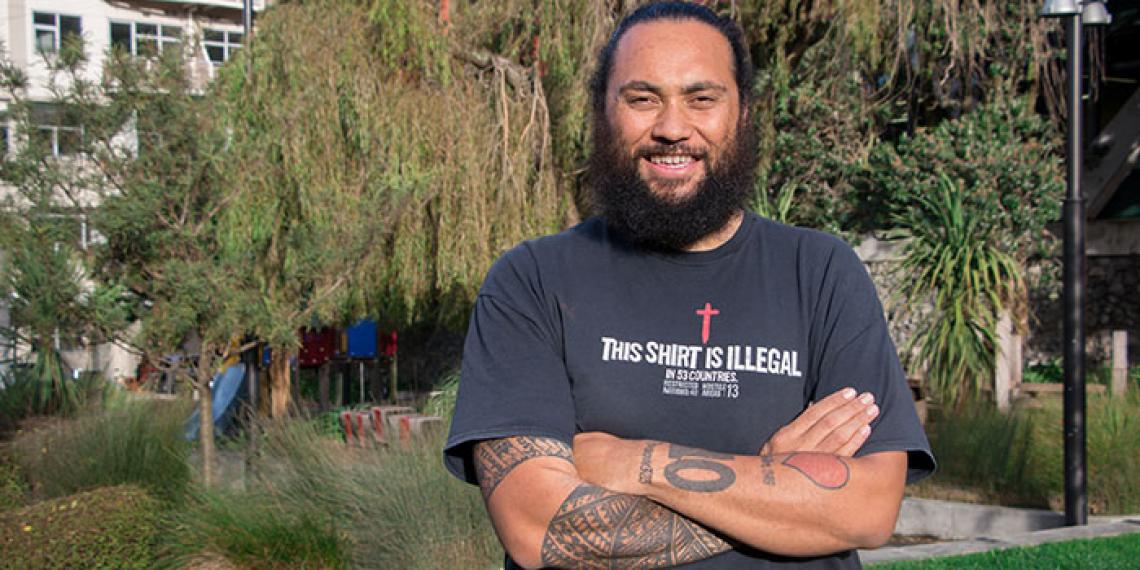You are here
Serving the suffering church

Ronji Tanielu—a policy analyst at the Social Policy and Parliamentary Unit—has returned home after visiting 33 countries in two years.
My wife Bena and I have a deep desire to fulfil the Great Commission given to us by Christ to make disciples of all nations. When I met Bena, she was already a missionary, and I prayed for her for three years before I asked her out.
We saved for a year and a half—we decided not to buy a house, we took buses everywhere, didn’t buy clothes, and made our lunches, so we could support ourselves. I get embarrassed saying that we visited 33 countries, but we wanted to be available to help wherever we could. We visited local Christians in the local church, and simply tried to add our own ‘loaves and fishes’ to what they were doing.
One of the countries that really stood out for me was Nigeria, because the persecution of Christians is especially savage. We met a young man who at the age of 12 was attacked by Muslim herdsman and was beaten, had one of his eyes cut out, his head slashed so he is now legally blind, and his private parts cut off. That is not an uncommon story in terms of the persecution of our brothers and sisters across the globe.
In Nigeria, we worked with the Voice of the Christian Martyrs, which runs an orphanage of 400 children—every child has had at least one parent killed for being a Christian. We were also able to connect the ministry with The Salvation Army, as they are both working in displacement camps for people who have been chased out of their villages, or fled mass killings and persecution.
Working in Nazareth, Israel, was a completely different experience. It is predominantly Muslim, so for two months all we did was pick up rubbish. Missionary work is not about ability, but about availability. While we were there we shared Passover with Messianic Jews. It is mind-blowing how every part of Passover foreshadows Christ—even the way the bread is pierced reflects Isaiah 53, which says, ‘he was pierced for our transgressions’.
The last four-and-a-half months we spent in China and Hong Kong, supporting the underground church and smuggling in Bibles. It is not illegal to own a Bible in China, but you have to register to purchase one. That means the authorities can come after your church, your family and you.
We were each able to smuggle 50 kg of Bibles into Vietnam, as well. It was nerve-wracking, but we never had a single Bible seized. It’s important for foreigners to do this work, because the worst that can happen to us is we get our visas cancelled. For local Christians, the repercussions can be fatal.
The Bible says that others will know our love for Christ by how we love each other. We are the body of Christ, and the persecuted church is like our leg—but it is being slashed, stabbed, cut, burned, spit on and chopped off. If our leg is suffering, we know that and respond. Yet funding from the West has been declining for years.
The Bible tells us to care for our suffering brothers and sisters as if ‘you yourselves were suffering’ (Hebrews 13:3). What can we do in New Zealand for the suffering part of our body? We can start by praying.
by Ronji Tanielu (c) 'War Cry' magazine, 3 June 2017, pp11
You can read 'War Cry' at your nearest Salvation Army church or centre, or subscribe through Salvationist Resources.